20 GPTs for Query Refinement Powered by AI for Free of 2026
AI GPTs for Query Refinement are sophisticated tools designed to enhance the precision and effectiveness of search queries. Utilizing the advanced capabilities of Generative Pre-trained Transformers (GPTs), these AI tools can understand, interpret, and refine user queries, thereby improving the relevance and accuracy of search results. This functionality is particularly valuable in fields where precision and context are crucial, enabling users to find the most relevant information efficiently. By analyzing and adjusting queries based on context, AI GPTs for Query Refinement offer tailored solutions that significantly enhance information retrieval processes.
Top 10 GPTs for Query Refinement are: Prompt Optimizer,SQL Assistance for Postgres.,Lustrador,Clarify and Respond,Արագ ինժեներ,Prompt Optimizer,Entity Analyst GPT,Shel,Prompt Perfector,Prompt Writing Assistant
Prompt Optimizer
Crafting Clarity for AI Queries
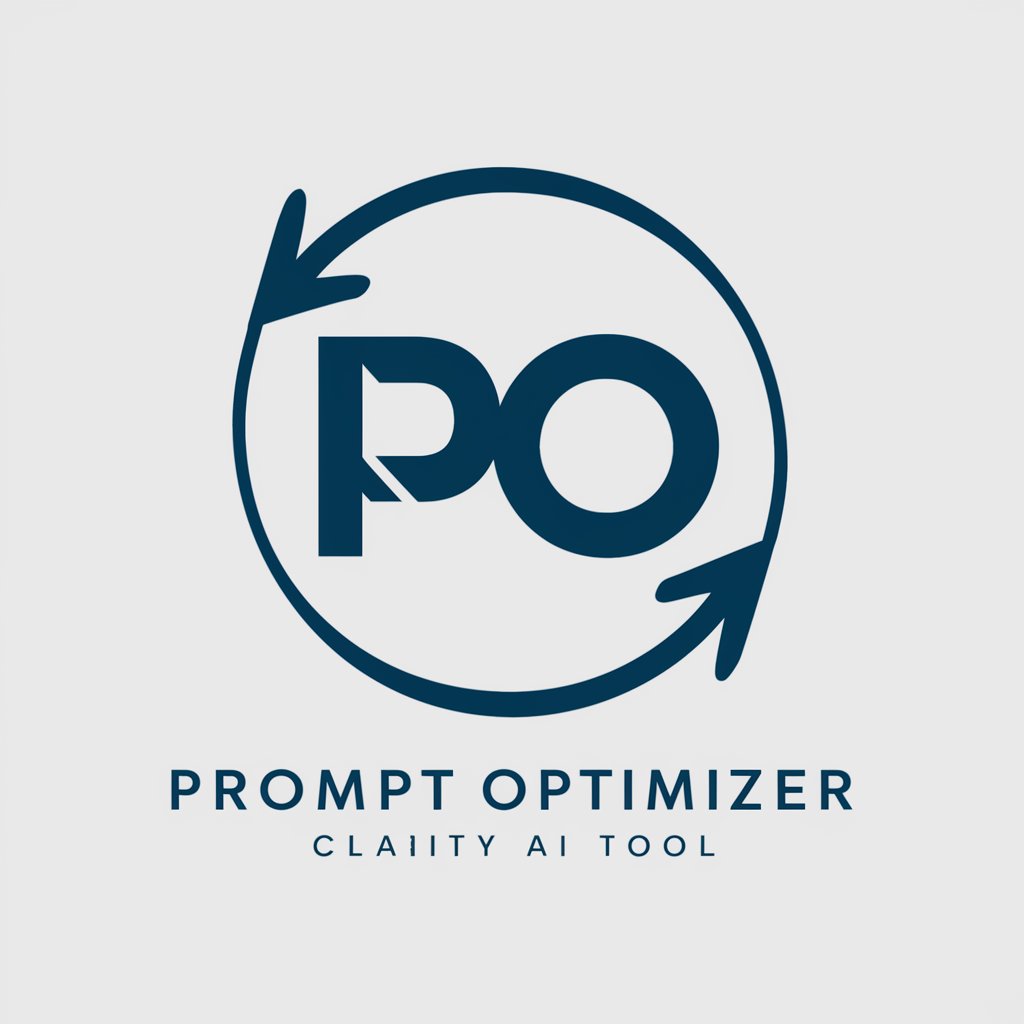
SQL Assistance for Postgres.
Optimize PostgreSQL with AI-powered assistance
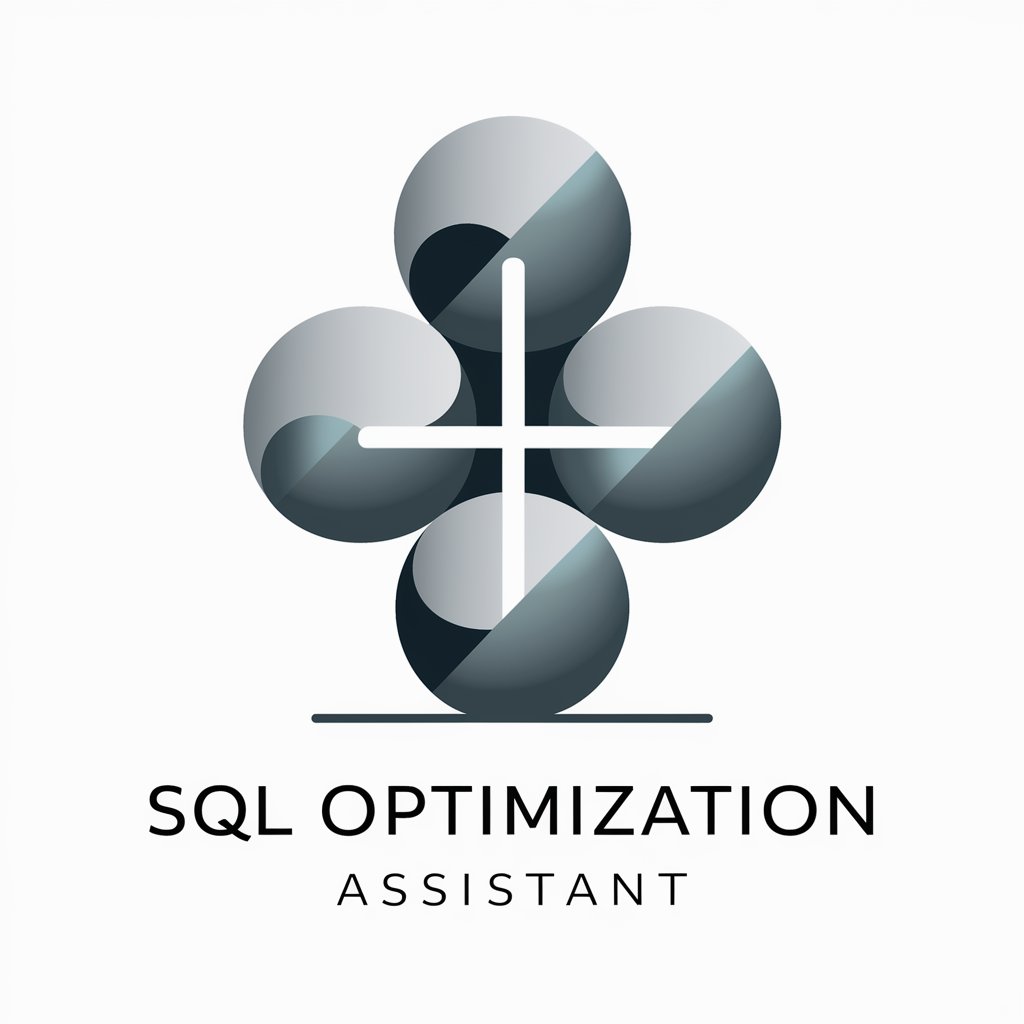
Lustrador
Refining Ideas with AI Insight

Clarify and Respond
Enhancing clarity, delivering precision
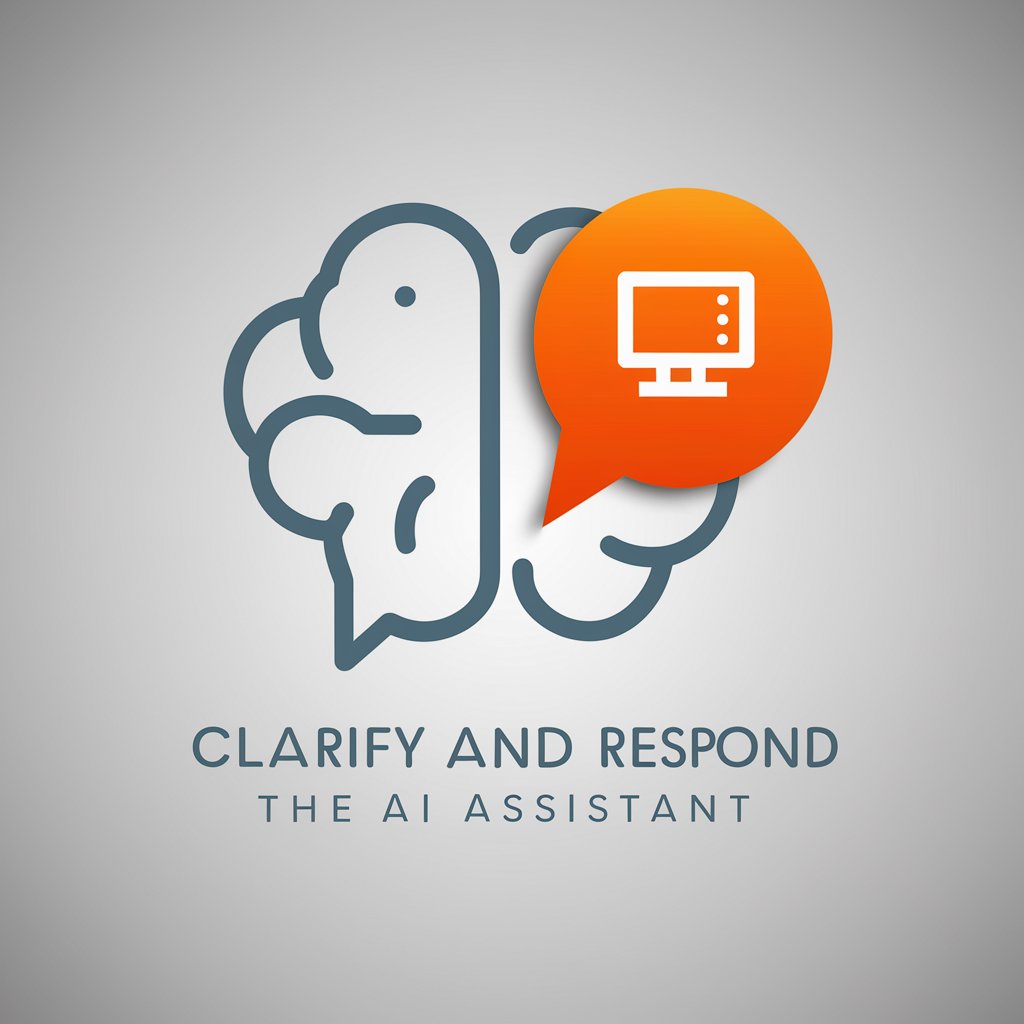
Արագ ինժեներ
Refining Queries with AI Precision
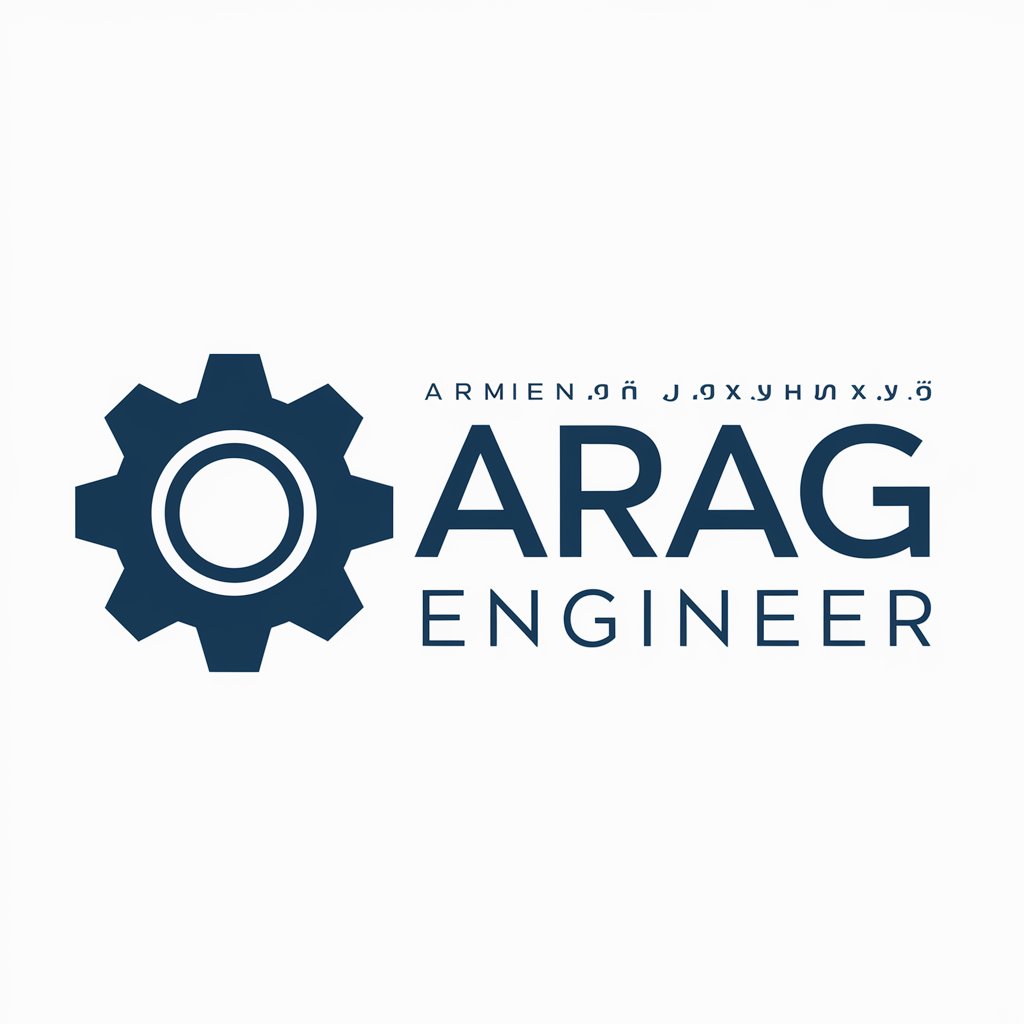
Prompt Optimizer
Elevate AI Interactions with Structured Prompt Evolution

Entity Analyst GPT
Unlock insights with AI-powered entity analysis
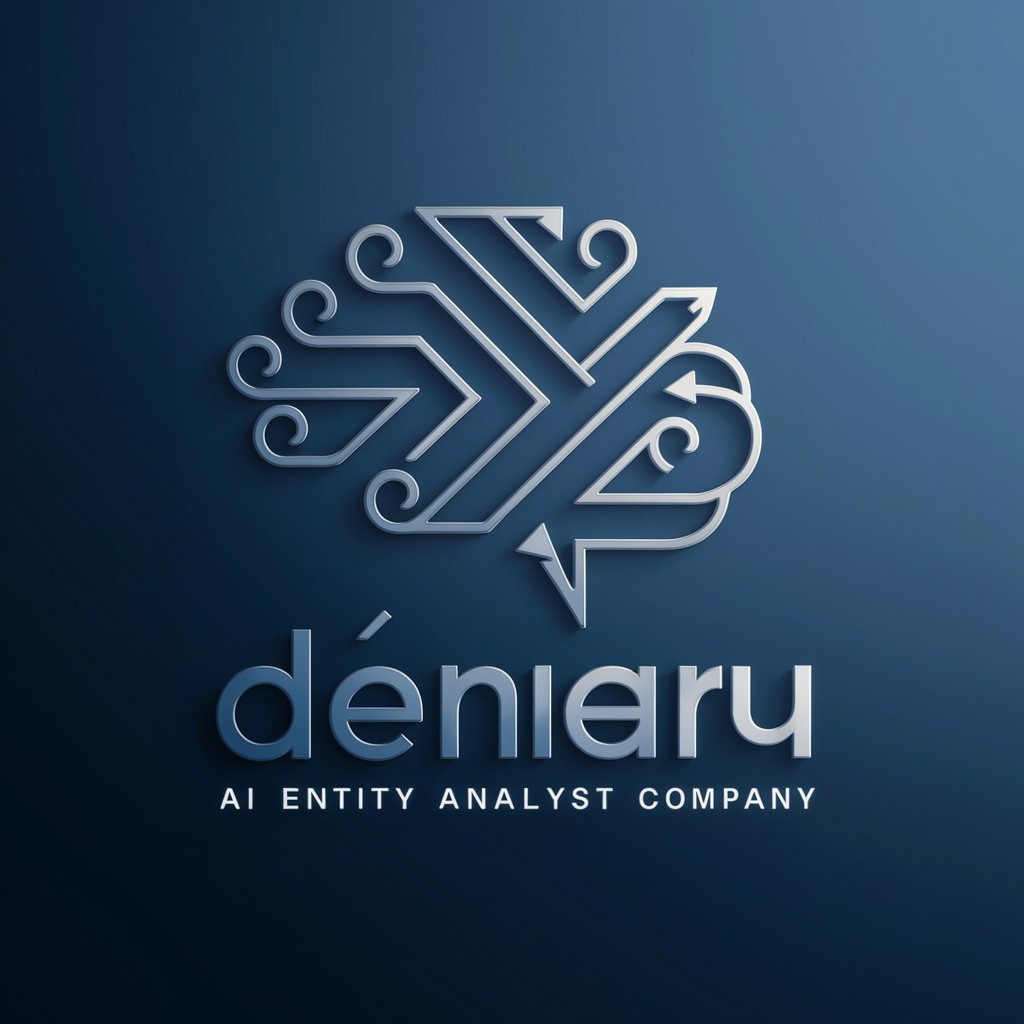
Shel
Elevate Your SQL Skills with AI-Powered Feedback

Prompt Perfector
Enhance Your AI Interactions with Precision

Prompt Writing Assistant
Craft Precise Queries with AI Assistance

Perfect Prompt
Empower Your Words with AI

Ai Prompt Engineer
Refine prompts, enhance outcomes with AI
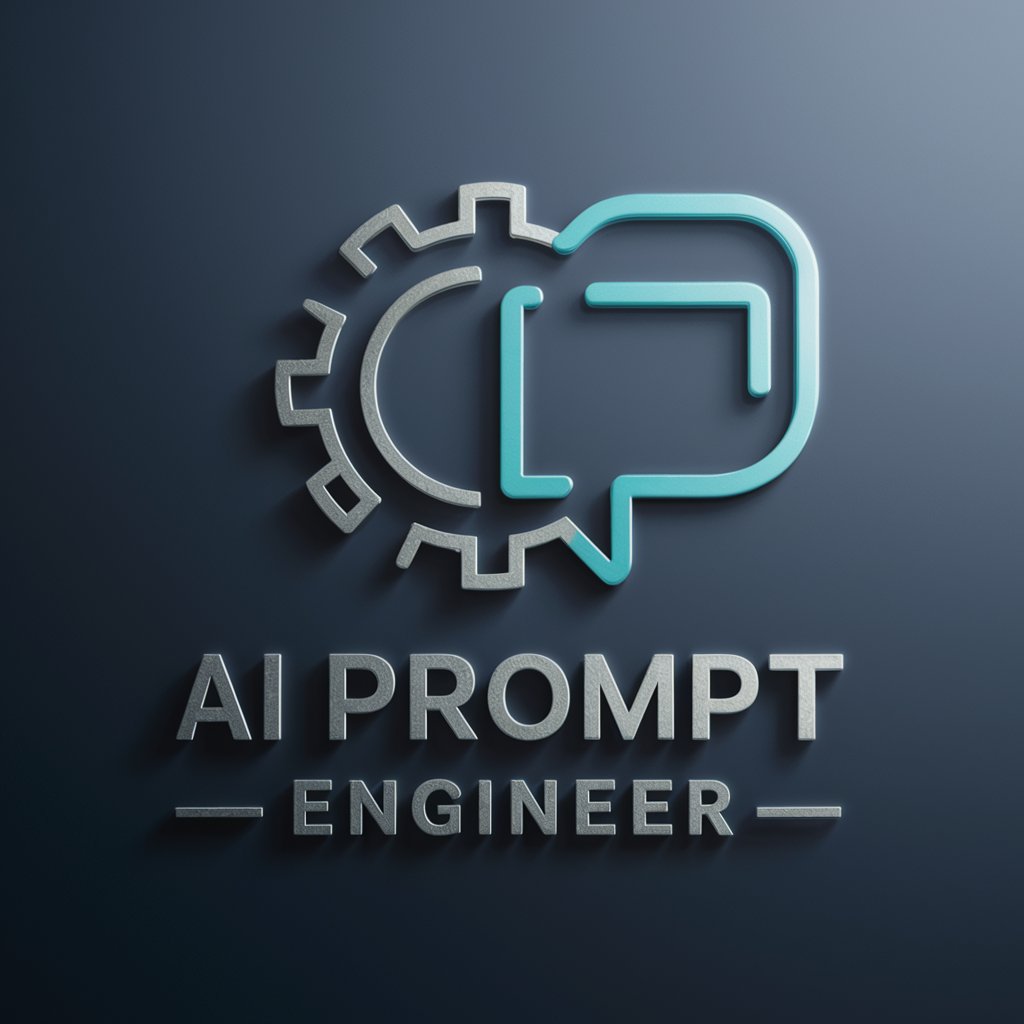
Prompt Master
Empowering Communication with AI

AI SQL Programmer
Empowering your SQL journey with AI
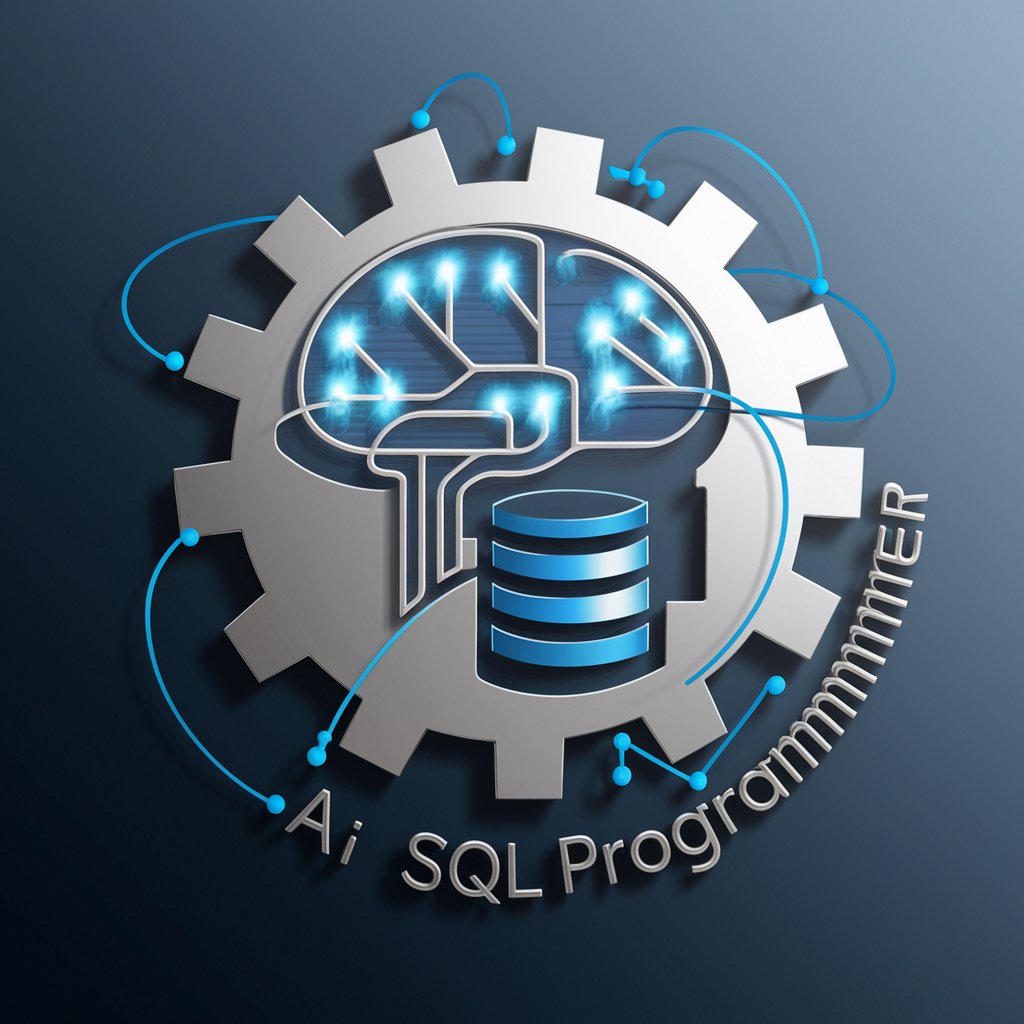
Prompt Perfectionist
Refine your prompts for precision and clarity.

SQL Stac
AI-powered SQL Optimization Tool
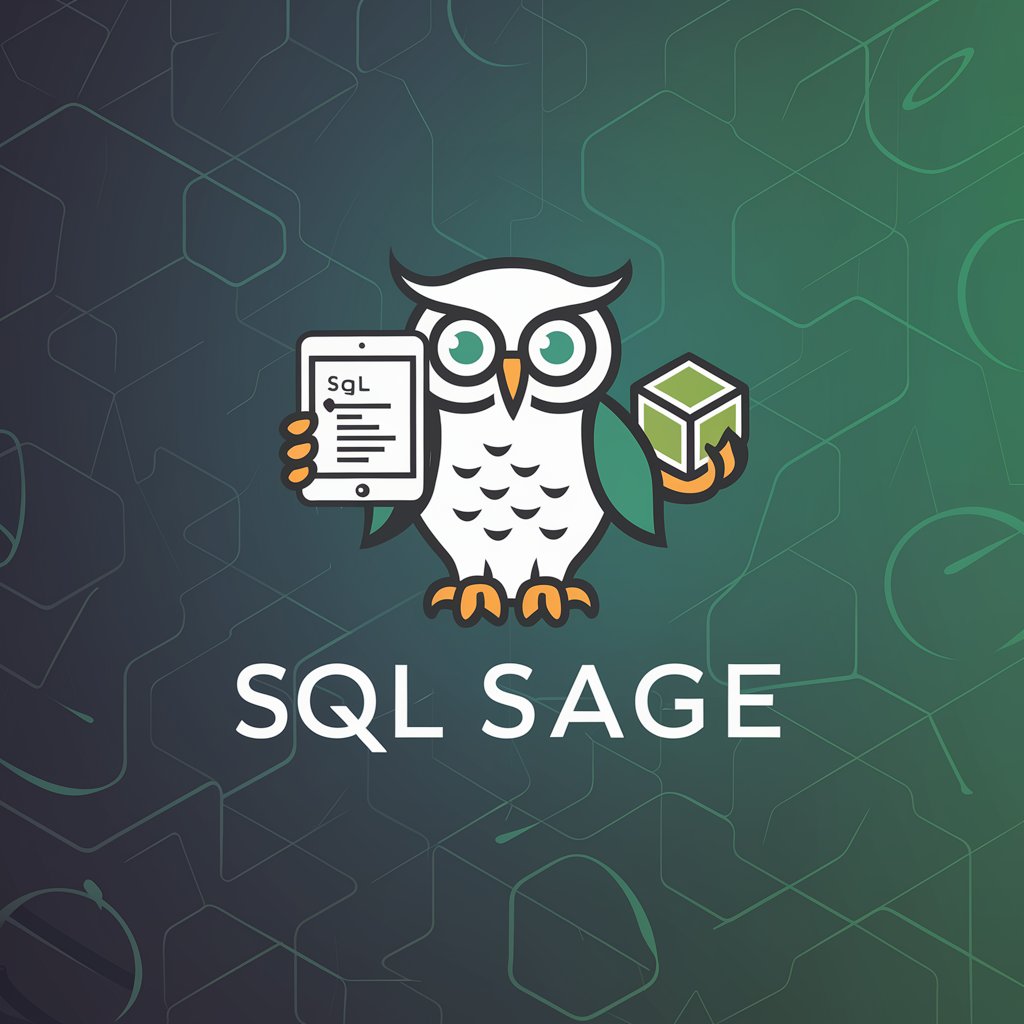
प्रॉम्प्ट इंजीनियर
Refining Ideas into Clarity
Smart Searcher
Elevate your search with AI intelligence.

Refine Bot
Sharpen Your Search with AI
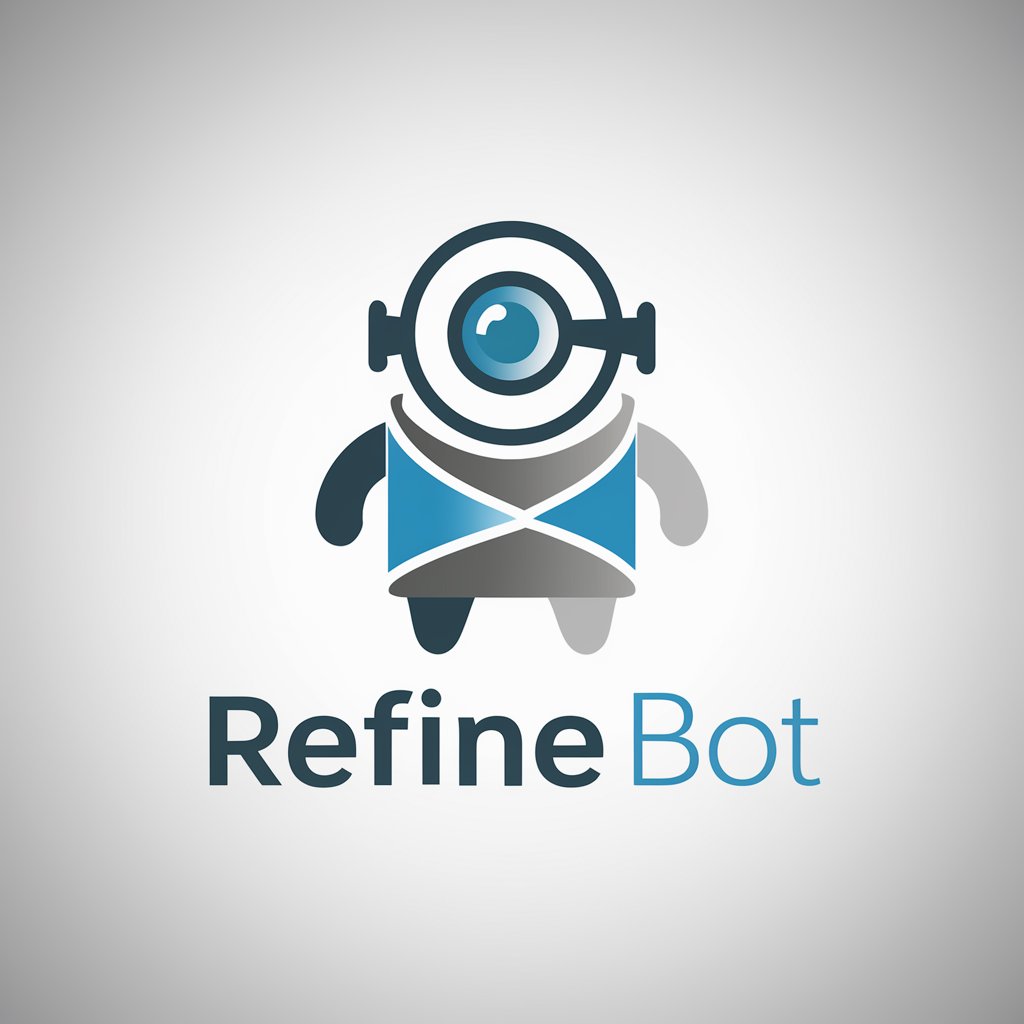
Prompt Optimizer
Optimize Your AI Interactions
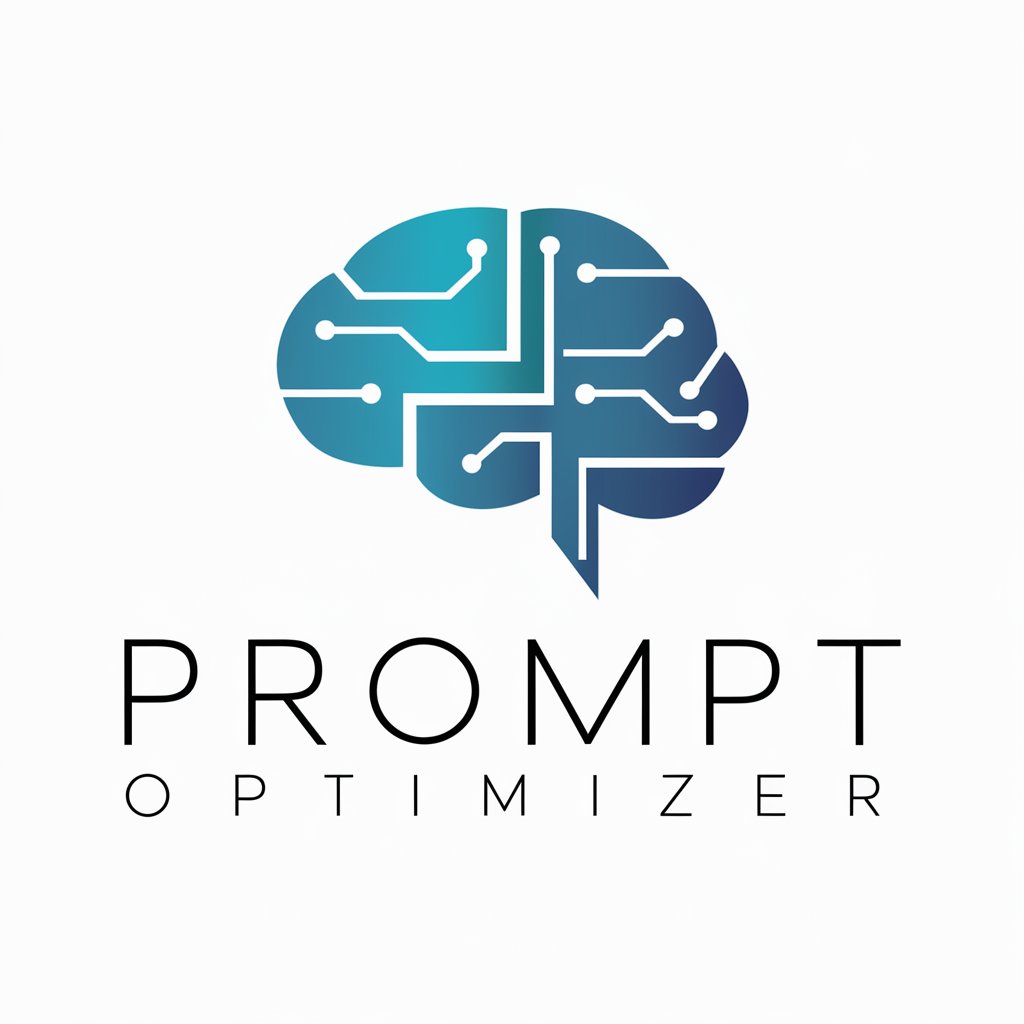
Unique Characteristics & Capabilities
AI GPTs for Query Refinement are equipped with several core features that set them apart. These include advanced natural language understanding to interpret complex queries, dynamic learning abilities to adapt to new information or contexts, and the capability to process and refine queries in real-time. Special features might encompass technical support for specific languages or domains, web searching enhancements, image generation based on refined queries, and comprehensive data analysis tools. Their adaptability ranges from simple keyword adjustments to complex context-based query transformations, making them invaluable across various applications.
Who Benefits from Query Refinement Tools
The primary beneficiaries of AI GPTs for Query Refinement include novices seeking to improve their search outcomes, developers aiming to integrate advanced search capabilities into applications, and professionals in specific fields requiring precise information retrieval. These tools are designed to be accessible to users without programming skills, offering intuitive interfaces and simple input methods. Simultaneously, they provide extensive customization options for those with technical expertise, allowing for tailored solutions that meet specific needs or integrate seamlessly with existing systems.
Try Our other AI GPTs tools for Free
Operational Advice
Explore AI GPTs for Operational Advice: your AI-driven solution for strategic insights, efficiency optimization, and actionable operational guidance.
Photorealistic Imagery
Discover AI GPTs for Photorealistic Imagery, the cutting-edge tools designed to generate lifelike images from textual prompts, revolutionizing visual content creation across industries.
Jazz Theory
Discover AI GPTs for Jazz Theory, the cutting-edge tools transforming jazz learning, composition, and improvisation through AI-driven insights and personalized feedback.
Pavement Analysis
Explore AI-driven Pavement Analysis tools, leveraging GPTs for enhanced road condition insights, predictive maintenance, and efficient infrastructure management.
Repair Suggestions
Discover how AI GPTs for Repair Suggestions are transforming the repair industry with tailored, efficient solutions. Ideal for DIYers, professionals, and developers alike.
Talent Management
Explore how AI GPTs revolutionize Talent Management with automation, enhancing HR processes from recruitment to retention, tailored for all business sizes.
Enhancing Solutions with AI GPTs
AI GPTs for Query Refinement stand out as customized solutions in various sectors, offering interfaces that cater to both technical and non-technical users. Their adaptability allows for integration with existing systems or workflows, enhancing efficiency and productivity. As these tools continue to evolve, they promise to deliver even more sophisticated capabilities for personalized and context-aware search experiences.
Frequently Asked Questions
What is AI GPT for Query Refinement?
AI GPT for Query Refinement refers to the use of advanced AI technologies to enhance the accuracy and relevance of search queries by understanding and adjusting them based on context and user intent.
How do these tools improve search results?
By analyzing the user's query in the context of their search intent and adjusting it for precision, these tools can significantly improve the relevance and accuracy of search results.
Can non-technical users utilize these tools effectively?
Yes, these tools are designed with user-friendly interfaces that enable non-technical users to refine their search queries effectively without requiring coding skills.
Are there customization options for developers?
Yes, developers can access a range of customization options, including API integrations, to tailor the query refinement process according to specific application needs or to integrate with existing systems.
What makes AI GPTs for Query Refinement unique?
Their ability to understand complex queries, adapt to new contexts, and refine searches in real-time based on dynamic learning capabilities makes them uniquely effective.
Can these tools support multiple languages?
Many AI GPTs for Query Refinement are designed to support multiple languages, offering refined search capabilities across diverse linguistic contexts.
How do they integrate with existing systems?
These tools can be integrated with existing systems through APIs or customizable interfaces, allowing for seamless enhancement of search functionalities within current workflows.
What future developments can we expect in this field?
Future developments may include more advanced natural language understanding, broader support for specialized domains, and enhanced adaptability to user preferences and behaviors.